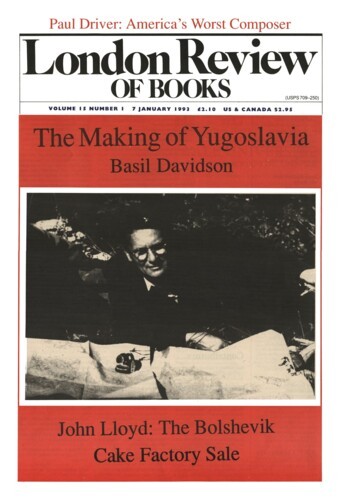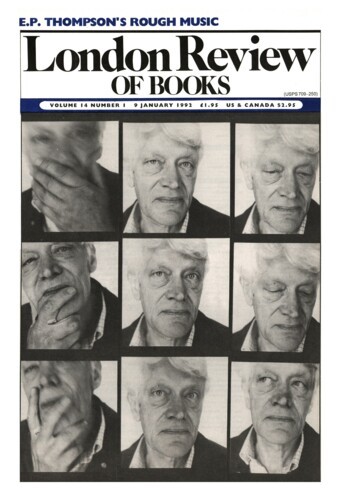Ambifacts
Gary Taylor, 7 January 1993
Why do people read a biography of Shakespeare? Either as a substitute for or as a supplement to a reading of his work. I may read about Byron or Orton because the life itself is both well-documented and well worth watching; but Shakespeare’s life is neither. How he behaved, what he endured, who he knew, where he went – such information does not expand or deepen my grasp of human possibility, as in their different ways the history of Thomas More or John Milton does. The extant marks of Shakespeare’s mortal passage don’t tell us anything we don’t already know about the world or the human. The works – various and ambiguous as they are – tell us something about both; the life doesn’t. Instead, far more often, we must apply our pre-fabricated theories about the world and the human in order to interpret the artifacts and ambifacts before us.’


